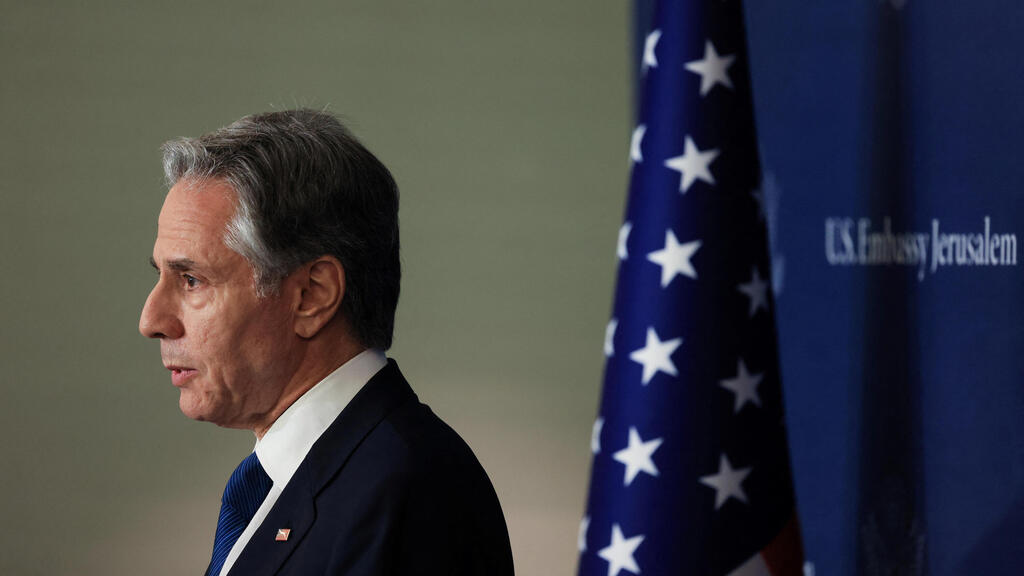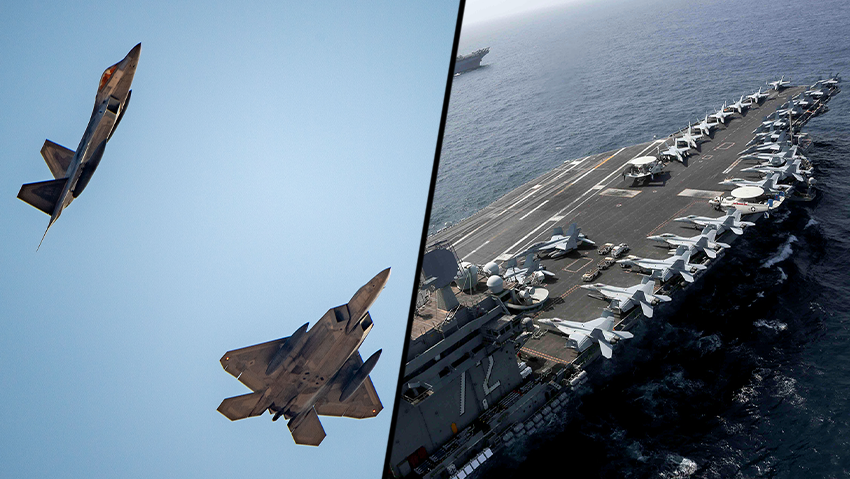Getting your Trinity Audio player ready...
As negotiations for a cease-fire in Gaza and the release of hostages progress, and with the possibility of another summit later this week or early next involving the heads of the Mossad and Shin Bet, and head of the Central Command Major General Nitzan Alon, Israel remains concerned about the talks potentially collapsing, leading to a regional war.
Working teams from the Mossad, Shin Bet, and IDF are in Doha after completing discussions in Cairo. These talks saw progress on several issues, with both sides moving closer to agreements. However, key disagreements remain, particularly regarding the veto over which terrorists will be released, the deployment of forces in Gaza, and control over key areas. The most contentious issues – such as the Philadelphi Route and the Nitzanim Corridor – are being postponed, following an American strategy aimed at resolving most other matters first, then pressing Prime Minister Benjamin Netanyahu to make concessions.
3 View gallery


Israel navigates fragile ceasefire negotiations
(Photo: Kamil Krzaczyknski/ AFP/ Reuters/ Ronen Zvulun)
Sources familiar with the negotiations said that Israel has shown some flexibility, allowing Hamas to compromise and reach a deal, but this flexibility does not extend to the core principles Netanyahu has set. Conversely, others believe that, without Israeli concessions on the Philadelphi Route, there will be no deal, as both Egypt and Hamas are insisting on a full Israeli withdrawal. Israel, however, is not revealing all its cards. Netanyahu has shared where Israel could be flexible with U.S. Secretary of State Antony Blinken during his visit to Israel, and Blinken left encouraged that a deal could be reached.
The message from Israel to the Americans is clear: If there is potential for progress in the negotiations, Netanyahu will grant the negotiation team more leeway to reach a deal, but everything depends on Hamas' seriousness and willingness to compromise. An Israeli source with knowledge of the details stated that there is "much more common ground" to reach a deal than not and estimated the chances of reaching an agreement at 55%.
Israel is pushing to increase the number of living hostages released in the first stage and is not willing to settle for fewer than 20 to 25 hostages. Hamas has so far agreed to release 12 living hostages, so there are still gaps to be bridged. Nevertheless, the questions surrounding how many hostages will be released and at what intervals are solvable.
Hamas is now more involved in the negotiations than it was a week ago, though it is still not at the decision-making level. The matter is reportedly in the hands of the organization's leader, Yahya Sinwar, who is believed to be in tunnels in Khan Younis. Despite the cautious optimism, there is a looming fear of a potential Iranian attack in response to the assassination of Ismail Haniyeh, which could not only derail the negotiations but might also plunge the region into war. The U.S. Chairman of the Joint Chiefs of Staff Charles Brown, who visited the Middle East recently, told Reuters this week that the immediate risk of a wider war has somewhat decreased after Hezbollah's attack, but he emphasized that "Iran remains a significant threat, as it considers its response."
Iranian Chief of Staff Mohammad Bagheri issued another threat on Monday, stating that "revenge against Israel is inevitable. Iran will decide how and when. The Axis of Resistance will avenge Haniyeh’s blood, each [group] according to its plan and capabilities."
Meanwhile, Israel has sent very stern messages to Iran, indicating that the severity of Israel's response to any Iranian attack will be determined by the magnitude of the Iranian action. Israel made it clear that it has already identified the targets for its response. The message was that if Iran attacks Israel it risks damage to its strategic facilities and economy. Israel assesses that Iran has not attacked so far due to the messages it received from Israel and its understanding of the significance of the U.S. presence in the Middle East. According to assessments, Iran is not interested in a symbolic attack like the one on April 14, but in causing significant damage and exacting a heavy price for Haniyeh's assassination. Israel’s message to the Iranians was that there would be no restraint following an attack, and the Israeli response would be unequivocal.
The Americans are deeply concerned about the situation and are making every effort to reach a hostage deal. Behind the scenes, they are intensifying pressure on both Israel and Hamas. From the U.S. perspective, a deal would prevent war. The scale of the American military presence in the Middle East is now six times larger than it was after October 7 and around the time of the Iranian attack on April 14. It is no coincidence that the U.S. has deployed two aircraft carriers, F-22 squadrons, a nuclear submarine and stationed 10,000 troops in Qatar.
Brown, arrived in the region precisely because of Iran. The Americans are eager to secure a deal, understanding that they cannot maintain such a large military presence in the region for an extended period. The Americans have been convinced, for now, to keep their military support in the region. Israel requested a broader U.S. deployment in Saudi Arabia and Egypt, but both countries opposed the stationing of American forces on their soil.
A senior American official told a senior Israeli official that "Qatar is the strongest and most reliable ally of the United States and the West. Qatar has never changed its stance, unlike other countries in the region. Saudi Arabia previously closed American bases on its territory, and the United Arab Emirates recently refused to allow Americans to operate from its territory against the Houthis in Yemen. Qatar, on the other hand, allows the United States to eliminate Qasem Soleimani and conduct the Middle East war against Iran and its allies from its territory. We have repeatedly carried out actions to protect Israel from Qatar."





